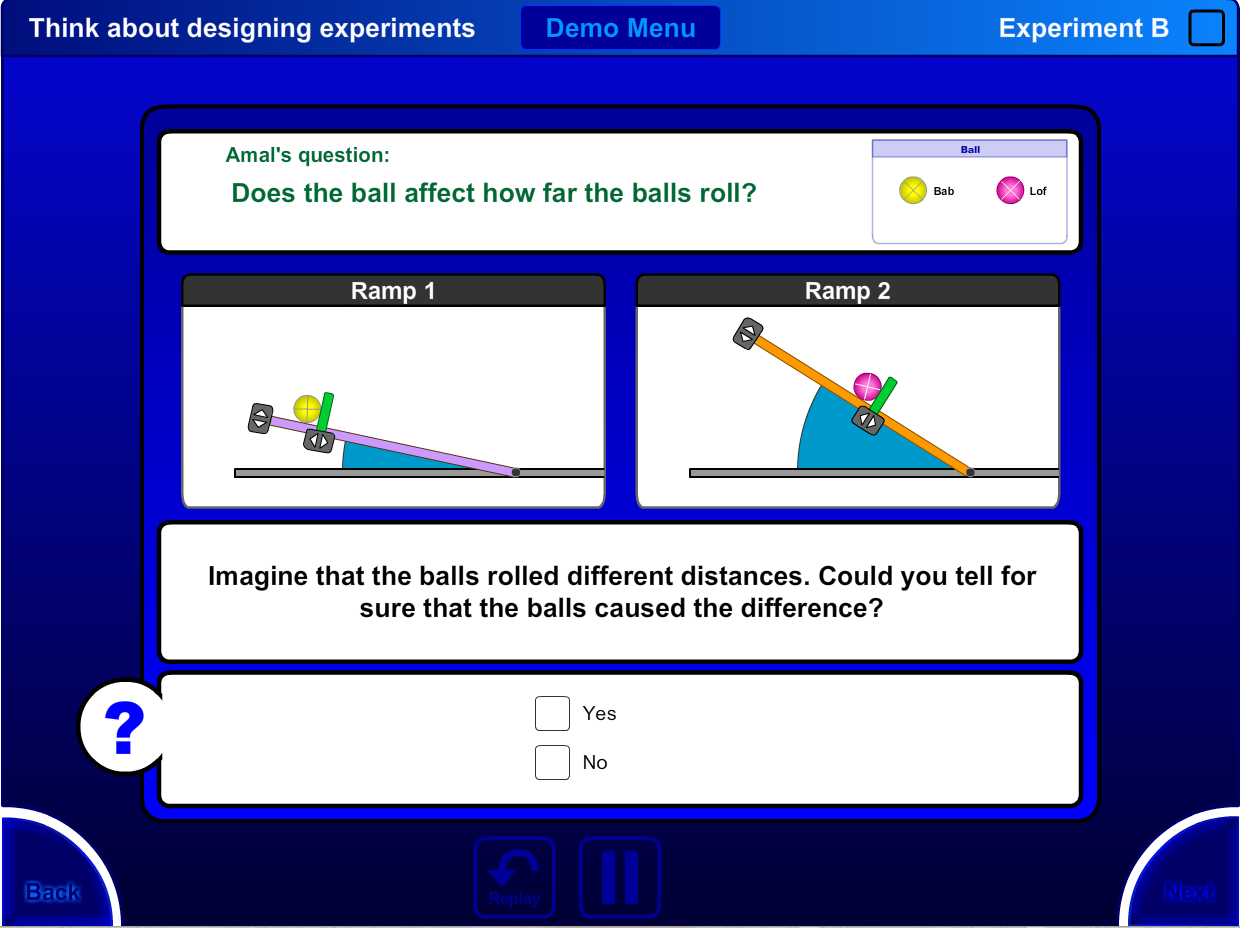
An August 2011 study of scientific education of children in Science and an October 2011 study from entities including UC Berkeley show that children are not getting all of the science they need to learn.
There are, however, tools and supplements that will help boost a child’s learning. One such example of those scientific supplements is TED, or Training in Experimental Design. This program was at the core of a study undertaken by the Pittsburgh Science of Learning Center, which determined that students who go through the TED program learn more and retain more than do students who learn through hands-on teaching. The TED program, which targets students in the late elementary to middle school grades, consists of an adaptive program that consists of a pretest, an introduction to the lesson, assessments, training in experiment evaluation, and a post-test. A demo of the program can be found at http://www.psy.cmu.edu/~tedtutor/tutor.html.
Free websites that teach students scientific concepts include Amusement Park Physics, http://www.learner.org/interactives/parkphysics/parkphysics.html. The website interactively teaches how the laws of physics apply to amusement park features such as roller coasters and bumper cars. A web portal for over two dozen teaching websites that interactively teach students science is Kidsites, http://www.kidsites.com/sites-edu/science.htm. On the sites listed there, students can learn about the human body and its parts, volcanoes, and the laws of physics behind skateboards. Children can also do science experiments, such as experiments on astronomy and physics, found on websites such as Peep and the Big World, http://www.peepandthebigwideworld.com/activities/activities-location.html.
Is supplementing school learning with interactive and hands-on learning important? Nathan Agmon, a junior at North Hollywood High School, believes so. “I think that hands-on learning is important with younger students because they learn to get an intuition for the sciences. When they enter high school or college, many children have little to no scientific background and learn science the pen-and-paper way. While this is useful, it is also very important to learn science in the real world. Science is not just a series of problems on a piece of paper, it is a way to describe how nature functions.”
Richard Kim, a junior at Cathedral High School, agrees wholeheartedly with this opinion. “Everyone has one’s own way of learning. While hands-on learning won’t help in learning the concepts of that field, real-life usage of science, such as hands-on learning for physics to directly demonstrate forces and the laws of physics will aid younger students. I generally think hands on training, or supplements of any kind, will aid grade school to middle school students because it allows for the more creative, or mentally gifted, students to see a direct correlation from what they’re learning to what it means. For the not so gifted, it gives them a different way to approach learning.”

